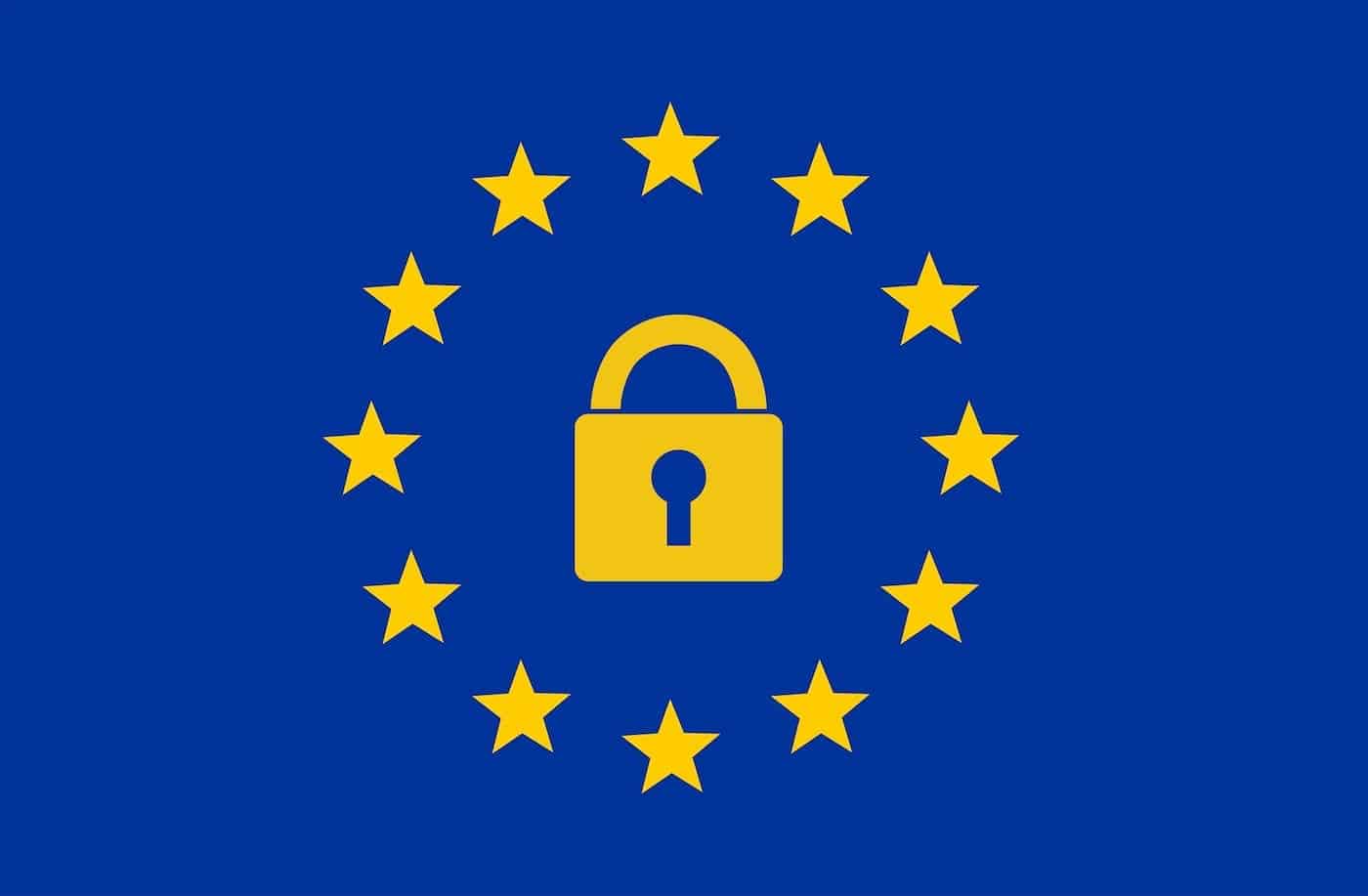How GDPR Regulation Will Affect Web Design & Development?
A web developer has plenty of things to keep in mind while designing & developing a website – from performance to SEO & security to name a few. As a web developer, there are a lot of things that you have to consider when developing websites, but now one more important thing has to be added to your list i.e. GDPR compliance.
Global Data Protection Regulation or GDPR is a new law enacted by the European Union in May 2018. This legislation is designed to ensure the complete data safety of EU citizens when it comes to collection and use of their personal information. So, this law empowers all the EU citizens in regard to the processing of their personal details by any company.
It doesn’t matter whether it’s a bank, e-commerce website, online stores, goods & services companies, they all are covered under this regulation. Plus, both the companies that are inside of EU and those which reside outside the EU territory are impacted by this regulation.
Some important highlights of the law relevant to web developers are:
- Worldwide impact: Like told before, this legislation will not only impact businesses and organizations operating in the European Union but also affect any company which gathers and processes personal data of EU residents. So, it applies to most websites around the world.
- User consent: It is important that you get the consent of everyone whose data you are gathering. It not only applies to the data collected through forms but also applies to data collected in the background such as IP address.
- Right to access: People are given the right to access their data as well as to details regarding how their data is being processed and used.
- Right to erasure: According to this point, individuals will have the right to have their personal information deleted from a company’s repository.
- Privacy in design: Web developers are required to make sure to incorporate data security measures in the website design from the outset.
What if you don’t comply with the GDPR law?
There are harsh penalties to be faced if you do not comply with this regulation, including a hefty fine of up to 4% annual global turnover or 20 Million euros, whichever is larger. Apart from this, you may have to face other legal penalties.
Steps that should be taken to make your website GDPR compliant
There are some GDPR compliance requirements that should be fulfilled to make your website in sync with this new data protection law. This is the responsibility of web developers to make sure that their code complies with this regulation. Moreover, you can take the following steps to ensure that your website adheres to the new data protection legislation.
Step 1: Determine how you collect and use data
- If your organization gathers data from EU citizens, then understand where it is being stored and by using which tools and applications.
- Is your website or online store hosted on platforms like WordPress or WooCommerce? If you are utilizing a third-party data processor then figure out how these data processors are using and storing the information.
- Do you store and manage the data, captured through forms on the website, internally? Keep a policy for how you use the data and how long you store it.
Step 2: Establish & document data collection and processing procedures
If you are using Google Analytics, then GDPR finds Google as your data processor. Google has taken steps by implementing GDPR in its services for all users whether you conduct business with EU citizens or not. The company updated terms of services and agreements, reviewed their commitment towards promptly notifying customers of any data security infringement, also allowed them to figure out when the data is removed or how long it is stored. So, you just need to make changes to your Google Analytics set-up.
If you use third-party data processing services like MailChimp, HubSpot, Salesforce etc., then, it’s worth understanding how these organizations are handling the data when using their services. You should be ready to answer the questions of your customers about their data usage and storage. Also, keep a procedure to remove the data when asked by a customer.
Step 3: Review your privacy policy
You should make sure that your website’s privacy policy is up-to-date and covers all the required points, also your company follows that rules. Reevaluate your privacy policy and make sure it captures the following points:
- A precise description of what data you collect.
- Explain the rights of customers, and the ability to ask for any details regarding their data.
- Provide your contact with your information, so that customers can contact you as and when required.
- Information regarding how you will handle a security breach.
Step 4: Prepare a data breach response procedure
You should lay down a process on how you will respond in case of a data security breach. It is important to define a 72-hour plan to alert your customers. State your plan on how you will notify your customers and what third-parties you will need to work within that situation.
While you can attempt to comply with the General Data Protection Regulation at your own, there are some GDPR compliance services that can help you cope with this law easily. These GDPR consulting firms provide complete assistance from start to end.
In the nutshell!
Being a global business enterprise, you cannot avert the effects of GDPR because chances are there that your services are being used by EU residents. So, you must comply with this rule or else you may have to face disastrous repercussions. It doesn’t matter whether you opt to take your own measures to adhere to this new law or hire a GDPR compliance solution provider, you have to cope with this regulation by any means.
Author Bio: Tom Hardy has hands-on experience as a consultant. He currently works at Sparx IT Solutions: GDPR Solution Providers and offers exceptional website auditing services to prepare a business for GDPR readiness. Also, he writes informative blogs to let users know how much it is important to comply with GDPR for websites to get better data security.
Some of the link on this post may have affiliate links attached. Read the FTC Disclaimer.









